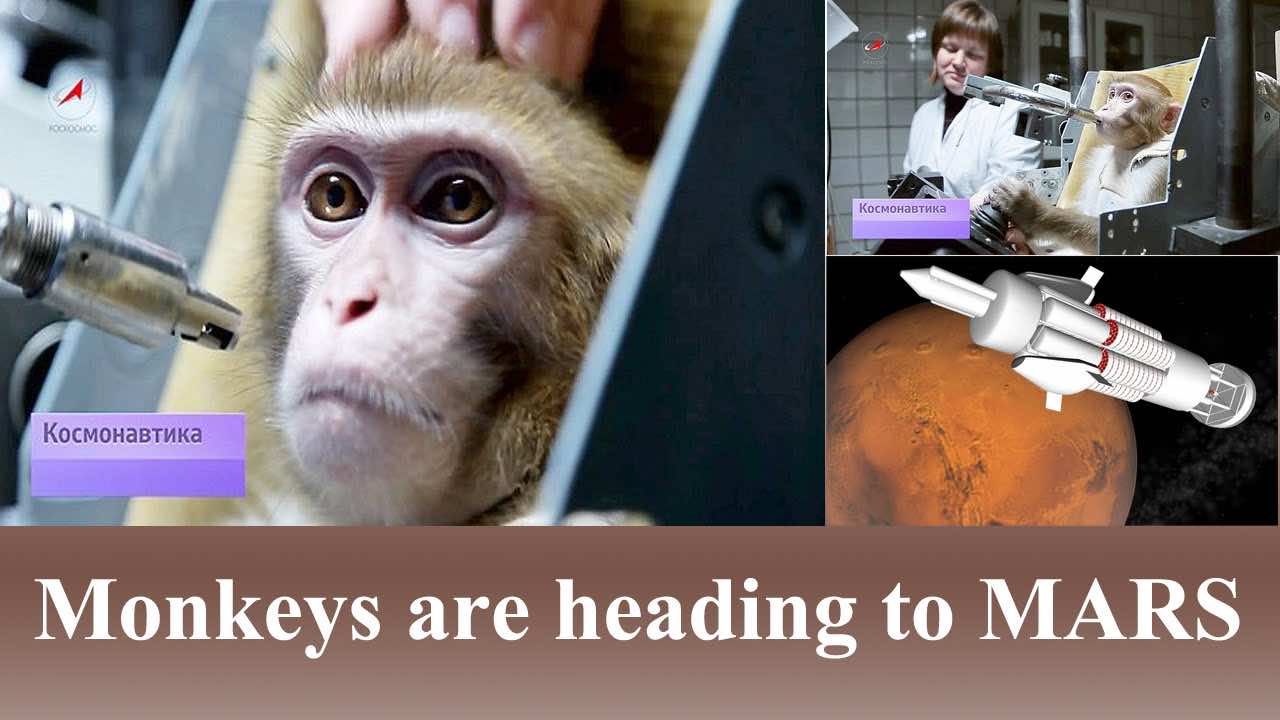Humans have used monkeys for space exploration and they have proven to be critically useful. Monkeys helped humans understand the conditions that they would have to face when they planned a trip to moon and the latest project regarding monkeys helping out with space exploration is slated to be completed by 2017 after which Russian monkeys will be able to travel to Mars. This will enable scientists to gain enough data to determine the best possible way of training humans for Mars-trip.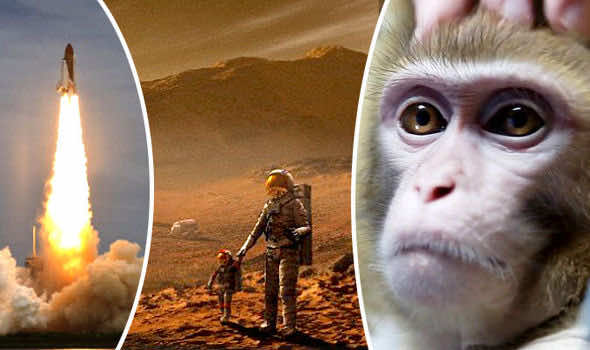
The monkeys are currently being trained so that they are able to solve puzzles and problems. Apart from this, the monkeys are also being taught how to handle a joystick. As expected, having monkeys carry out such tasks is not a walk in the park. The ones that have been selected were required to exhibit a very high potential.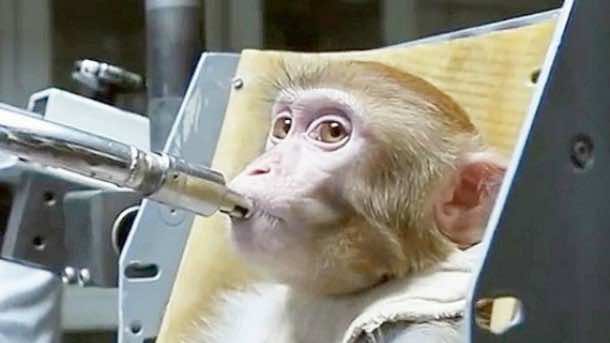
The monkeys are raised in special farms and the most promising ones from the lot are selected for participation in the effort geared towards research. This time, four rhesus macaques were selected and now are being trained every day in the art of joystick – learning how to hit a target on screen. When the trainees perform the task successfully, they are rewarded with a sip of juice.
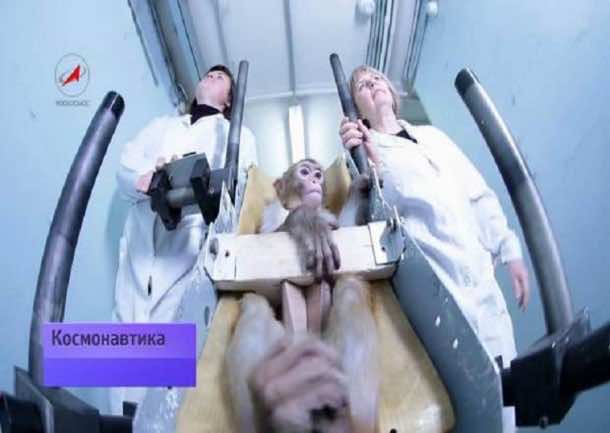
The research team is being led by Inessa Kozlovskaya who is hopeful that by 2017, the monkeys would have completed their training and shall have learned multiple and varying tasks that they will be able to remember.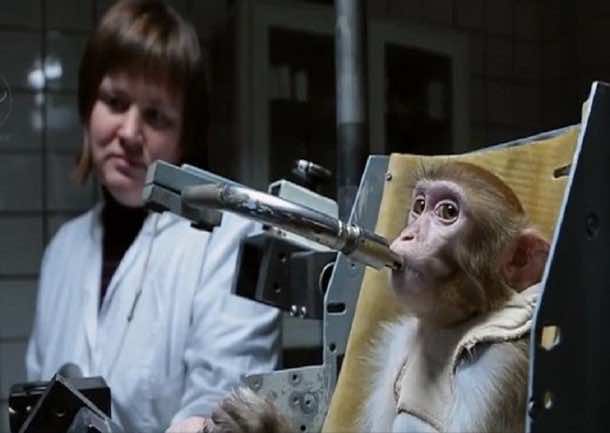
Dr. Kozlovskaya said, “What we are trying to do is to make them as intelligent as possible so we can use them to explore space beyond our orbit.” The team also has a peculiarly ambitious goal; to have this set of monkeys train more monkeys for carrying out important tasks thus helping in increasing this 4-member team. Would be interesting to say the least as to how they would go on about it and make it a reality. Fingers crossed!

